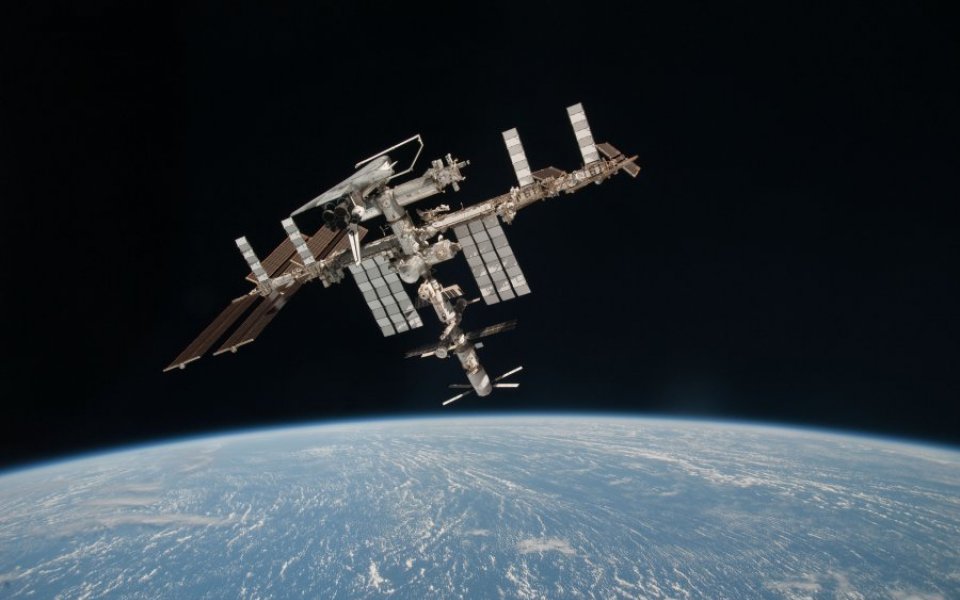UK space industry heads for the stars with Tim Peake mission and new National Space Policy

The UK is finally catching up with its European neighbours in the global space industry.
Today, its first “official” astronaut was sent up to the International Space Station (ISS) on a six-month mission.
Major Tim Peake, a former military man, will use his time there to carry out a series of science experiments. He isn't the first Briton to travel beyond the Earth's atmosphere – that accolade goes to Helen Sharman, who went into orbit in 1991 with private funding, BUT he the first British astronaut to be selected by the European Space agency to go into space.
This is an important moment in the history of British spaceflight, and reflects a general trend taking place as the government shows more interest in space and invests more in our role in commercial space activity.
Only two days ago, business secretary Sajid Javid announced the UK's new National Science Policy, which is a commitment by some 26 government organisations and partners to strengthen the UK’s capability to capitalise on the space science and technology.
“Historically we haven’t been a major player in space programmes, this policy will change that because, in the words of my hero Mr Spock, to do anything else would be highly illogical,” he said.
In addition, the government has protected the science budget in real terms throughout this parliament and has put a record £6.9bn into science infrastructure.
One of the country's biggest projects is the creation of its first spaceport, announced at the end of last year. Once its location is selected (it's down to five possibilities now), this will be used to launch both human-carrying flights and commercial satellite missions. Currently the main port used by the ESA is in Kazakhstan, so the UK is likely to become the go-to option thanks to its location.
A turning point
The UK's space economy has been growing consistently since the turn of the century, but a major turning point came in 2012, when chancellor George Osborne raised spending by £70m a year and said the UK would start contributing to financially to ESA research and missions. That year, the government ended up with a revenue of more than £11bn from its space operations.
[custom id="117"]
Up until that point, spend had been minimal – in the 1980s, Thatcher's government ruled that no British money would be spent on contributions to human space flight, which caused Britain to fall behind its western neighbours.
But the situation has changed considerably in recent years, and according to a recent report by London Economics the space industry's revenue more than doubled between 2000 and 2013.

Now, the UK space industry employs 37,000 people, and the government spends around £370m a year on civil space operations.
So what's next? As well as aiming to build a spaceport in the near future, the government intends to grow the sector to £40bn by 2030 and create an additional 100,000 jobs. In total, it wants to capture 10 per cent of the global market.